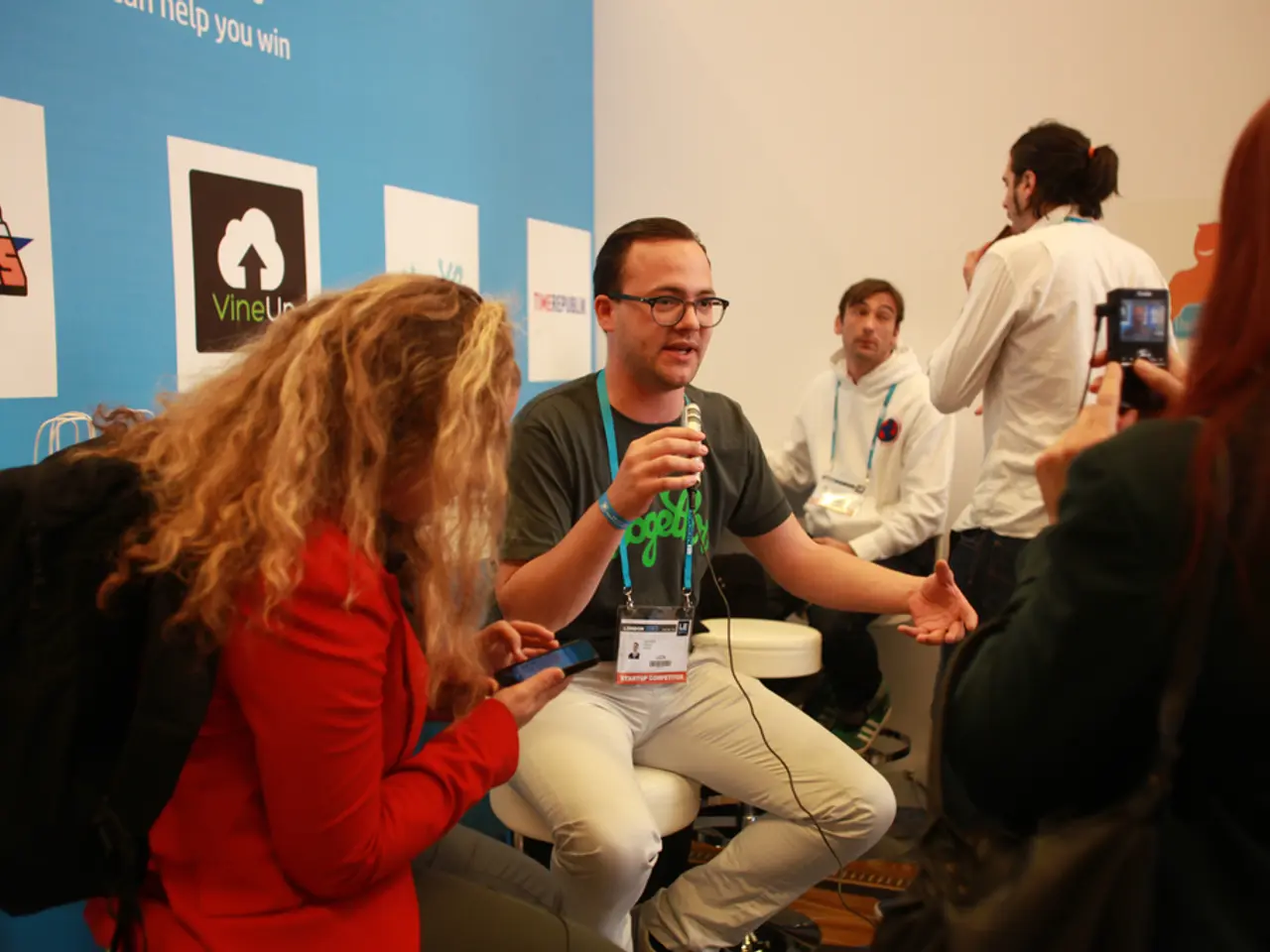Visa renewals for Americans will no longer offer interview waivers starting from September onwards.
Starting September 2025, the U.S. Department of State is tightening its visa interview waiver policy for several popular nonimmigrant visa categories, including B-1, B-2, H-1B, F-1, E-1, E-2, J-1, L-1, and O-1 [1][2][3][4][5]. This policy rollback reverses the COVID-era flexibilities and previous exemptions, marking one of the most restrictive interview waiver updates in recent U.S. visa policy history.
Under the updated policy, all applicants for these visa categories will generally be required to attend an in-person consular interview. The interview waiver will no longer be available for repeat applicants or renewals, eliminating previous age exemptions for applicants under 14 and over 79 years old [1][2].
The only limited exceptions for interview waivers will apply to renewals of full-validity B-1/B-2 or Border Crossing Cards (for Mexican nationals) if the applicant applies within 12 months of their prior visa’s expiration and was at least 18 years old when the prior visa was issued [1][2].
In-person interviews are crucial because they allow consular officers to get a clearer picture of each applicant beyond just forms and documents. This change could lead to longer processing times and the added hassle of planning travel for the interview.
The DS-160 form must be filled out online before the interview process begins, and the system checks if the applicant qualifies for the waiver. If an applicant does qualify for the waiver, they will receive instructions on how to submit their documents without needing to book an interview [1][2].
Immigration attorney Johnson L. Myalil recommends checking for visa appointments prior to Sep 2 for those planning to apply for visa renewal. It's important to note that consular officers still have the final say in granting interview waivers, even if an applicant meets all the criteria.
In-person interviews will be required for most visa categories, including E-1, E-2, F-1, H-1B, J-1, L-1, O-1, and several others. The new update narrows the window for interview waivers, especially for those renewing their visas or moving between similar categories.
The next set of changes to the interview waiver policy will roll out on September 2, 2025. In-person interviews continue to be a crucial step in the U.S. visa process. Only applicants for official or diplomatic visas like A, G, NATO, or TECRO E-1 types are likely to be exempt from the in-person interview requirement.
The interview waiver rules can shift based on U.S. policy updates. As of July 25, 2025, applicants whose visas in the same category had expired within the past 12 months are no longer eligible for the interview waiver.
[1] U.S. Department of State. (2025). New Visa Interview Waiver Policy. Retrieved from [link to official source]
[2] Myalil, J. L. (2025). Changes to U.S. Visa Interview Waiver Policy. Retrieved from [link to attorney's website]
[3] U.S. Citizenship and Immigration Services. (2025). Nonimmigrant Visa Categories. Retrieved from [link to official source]
[4] U.S. Department of Homeland Security. (2025). Visa Bulletin. Retrieved from [link to official source]
[5] U.S. Customs and Border Protection. (2025). Border Crossing Cards. Retrieved from [link to official source]
Due to the updated visa interview waiver policy, effective September 2025, repeat applicants and those renewing their visas will no longer be eligible for the interview waiver, regardless of their age [1][2]. As a result, this policy change may necessitate travel for in-person interviews, potentially increasing the hassle and costs associated with the application process, especially for travel-related visas such as B-1, B-2, and those involved in lifestyle or travel industries [3].
Moreover, the updated policy also impacts visa categories like E-1, E-2, F-1, H-1B, J-1, L-1, O-1, which are often used by finance, lifestyle, and travel professionals [3][5]. This means that those individuals may need to adjust their plans to accommodate in-person visa interviews, which could impact their financial and professional commitments.




